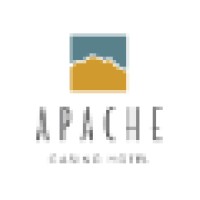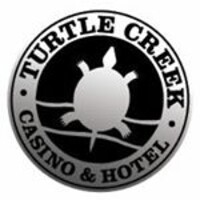
Apache Casino Hotel
"Welcome to your Happy Place", Apache Casino Hotel and Event Center is one of the premier gaming destinations in southern Oklahoma. Earning the prestigious AAA Three Diamond Award since opening in 2012, Apache Casino Hotel offers 132 well-appointed rooms and suites, a gaming floor featuring over 850 slot machines, 9 table games, a beautiful restaurant and newly remodeled deli and two full service bars. The new Event Center features approx 14,000 sq. ft. of multi function space and hosts concerts, banquets and other special events. Apache Casino Hotel is owned and operated by the Fort Sill Apache Tribe.






